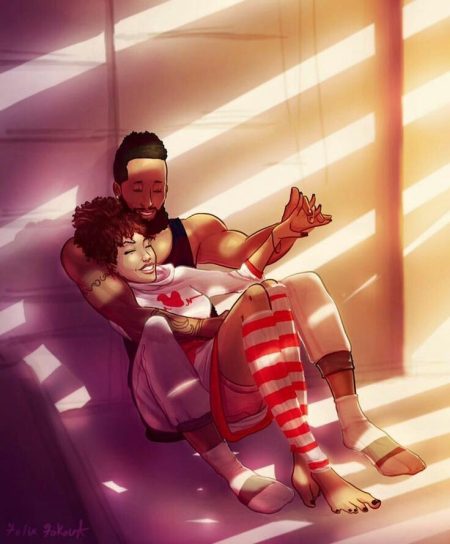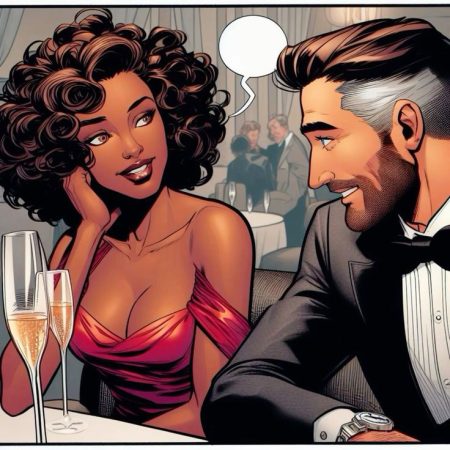Why Your Anger is the Key to Your Freedom

We’ve all been there. The searing email from a colleague. The cutting remark from a family member. The maddening incompetence of a stranger in traffic. A hot wave floods our body, our vision narrows, and our thoughts spiral into a vortex of righteous indignation. In that moment, we are certain of one thing: They are the problem. They have wronged us. They are to blame.
But what if the real territory being conquered isn’t your right to be treated fairly, but the very peace of your own mind? The ancient Stoic philosopher Epictetus, a man who was himself a slave, offered a key to a different kind of freedom when he said, “Any person capable of angering you becomes your master.” This isn’t just a pithy quote; it’s a radical map to emotional sovereignty.
The Anatomy of a Hostile Takeover
When someone says or does something that angers us, a two-stage process unfolds:
1. The External Trigger: This is the action itself—the words spoken, the action taken. It is, in and of itself, neutral until it interacts with our internal world. One person might be infuriated by a political comment; another might shrug it off. The trigger is not the problem.
2. The Internal Reaction: This is where the “mastery” is established. The trigger hits a nerve—an insecurity, a past wound, a deeply held belief. Our ego, feeling threatened, sounds the alarm. It demands defense, retaliation, and justice. It insists that we react.
In choosing to react with anger, we effectively hand over the remote control of our inner state to the other person. We outsource our emotional well-being. Their button-pushing now directly dictates our heart rate, our mood, our mental energy, and often our subsequent actions. They don’t need to lift a finger to control us; we obediently control ourselves on their behalf. This is the essence of their mastery.
The Illusion of Power in Anger
Anger often feels powerful. It pumps us with adrenaline, makes us feel decisive and strong. We feel like we are doing something. But this is a grand illusion. True power is the ability to choose your response. Anger, in its raw, reactive form, is the absence of choice. It is a knee-jerk reflex.
The person who has mastered you isn’t necessarily gloating; they might be utterly oblivious. Their mastery isn’t about their enjoyment; it’s about your loss. You have vacated the throne of your own consciousness, and your anger has temporarily seated them there.
How to Dethrone Your Unwanted Masters
Reclaiming your sovereignty isn’t about becoming a passive doormat or suppressing your emotions. It is about moving from reaction to response. It is the most profound form of self-empowerment.
1. Recognize the Hook: The moment you feel the surge of anger, pause. Name it silently: “Ah, this is anger. I have been hooked.” This simple act of mindfulness creates a critical sliver of space between the trigger and your reaction. In that space lies your freedom.
2. Interrogate the Threat: Ask yourself: Why does this have power over me? What specific insecurity or belief is being threatened? Is it my competence? My fairness? My need to be respected? Understanding why the hook sank in so deeply disarms its power.
3. Reclaim the Narrative: The other person’s action is a single sentence in the story of your day. Your anger writes the next ten pages, allowing them to be the main character. Stop writing. Close their chapter. Choose to be the author of what comes next. This could mean:
· Choosing Not to Respond: Silence is not weakness; it is a fortress wall. Not every email deserves a reply. Not every comment deserves acknowledgment.
· Choosing a Different Emotion: Can you respond with curiosity? (“I wonder what they’re going through to act that way?”) With pity? (“How sad that they live in such a negative state.”) With humor? Deflating the situation with lightness is a royal power move.
· Choosing a Strategic Response: If a response is necessary, let it come from a place of calm purpose, not hot reaction. What outcome do you truly want? A thoughtful, measured response crafted hours later is infinitely more powerful than a furious missive fired off in the heat of the moment.
The Ultimate Freedom
When you refuse to be angered, you are not letting the other person “win.” You are declaring that their opinion and actions are not important enough to dictate your inner world. You are stating that your peace is more valuable than their provocation.
You become ungovernable by external forces. No one can be your master if you do not grant them the authority to rule your emotions. Your throne is yours alone. The quiet fortress of your mind is the only kingdom that truly matters, and its defense is the most important battle you will ever fight. And the greatest victory is won not by defeating others, but by mastering yourself.






